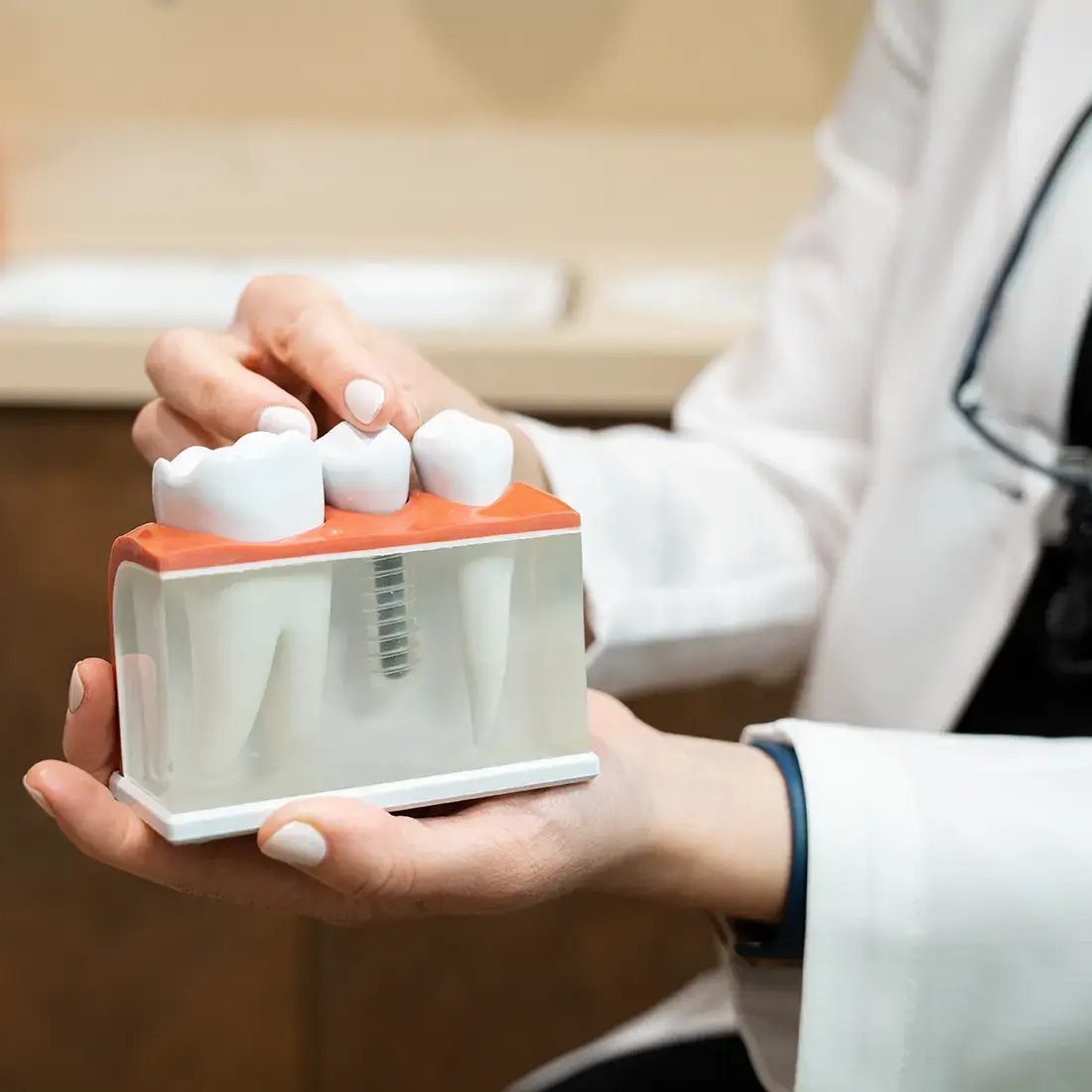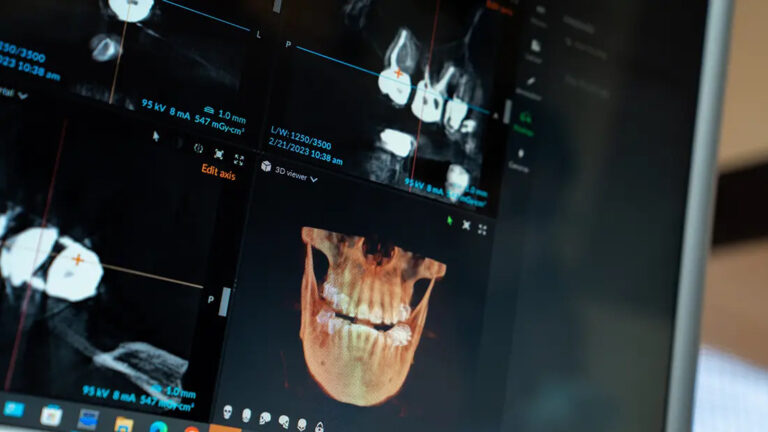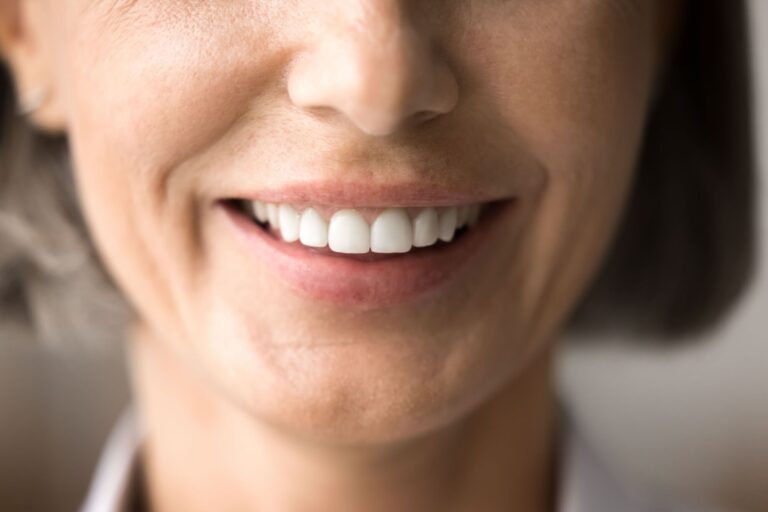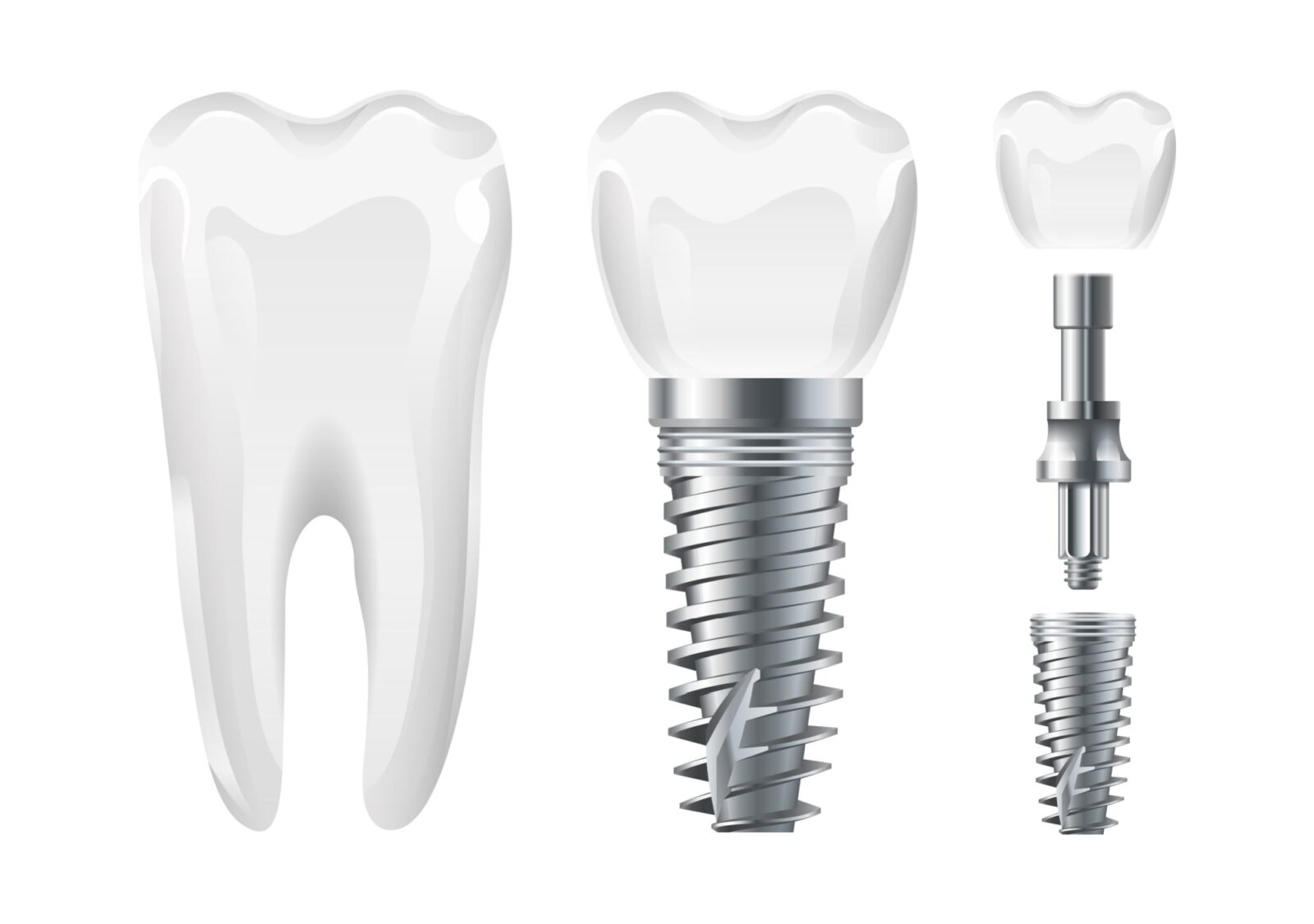At Foundation Dental Specialists, we are committed to providing our patients with the latest dental implant technology and techniques to restore their smiles and improve their oral health.
Our Pasadena dental implant specialists provide a variety of implant solutions to accommodate different patient needs. Our implants are made from biocompatible titanium, a material known for its strength and ability to fuse with natural bone. We also offer zirconia implants for patients seeking a metal-free alternative.
After losing a tooth or having one extracted, it’s important to consider all of your replacement options. A dental implants specialist can restore the functionality of your bite and improve your overall oral health. As one of the most secure and long-lasting tooth replacement options available, dental implants act as a natural part of your smile and replace that missing tooth you’ve been hiding.

Dental implants are a versatile solution for most adults’ missing teeth. Factors like jawbone health and overall health are considered. A Pasadena dental implants specialist from our team will conduct a thorough evaluation using advanced scans to determine your candidacy and develop a personalized implant plan.
Dental implants in Pasadena offer a long-lasting solution for missing teeth, and understanding each step of the process can help you feel more confident and prepared for your journey to a restored smile.



Choosing dental implants not only restores the function and appearance of your smile, but also offers a range of long-term health and lifestyle benefits that set them apart from other tooth replacement options.
When it comes to performing dental implants in Pasadena, we utilize the latest technology and techniques to ensure safer procedures, more accurate results, and healthier outcomes for every patient.
The cost of dental implants can vary depending on several factors, such as the number of implants needed, the type of dental restoration, and the complexity of the procedure. We offer free consultations to discuss your dental implant options and answer any questions you may have.
If you’re looking for high-quality, long-lasting dental implants in Pasadena, CA, our team at Foundation Dental Specialists is here to help. Restore your smile with a permanent and natural solution.
Call us today at (626) 796-5361 to schedule a consultation or learn more about our Pasadena dental implant services!

We understand you might have questions about dental implants. At Foundation Dental Specialists in Pasadena, we’ve compiled a resource page addressing frequently asked questions on implant procedure, recovery, care, and cost.
Single-tooth implants are the most frequently used dental implants and are made up of two main parts. The first is the dental implant, which is a titanium rod with a screw-like shape. The second part is the dental crown, or restoration, which will be attached to the titanium rod. This dental crown reinstates the shape, function, and appearance of your natural tooth. Unlike a partial denture, single-tooth implants are extremely durable and never move or shift.
Full arch implants, also known as All-on-4 or All-on-6 implants are great for patients who are looking to replace an entire arch of teeth. By using 4-6 dental implants, your entire upper or lower set of teeth can be replaced. Full arch implants are more permanent and natural-looking than dentures and usually cost less than replacing each tooth individually. Importantly, this type of procedure will also restore your chewing function better than any other full-arch tooth replacement option.
Titanium dental implants are made in trusted laboratories that supply a wide selection of pre-selected standard post sizes. The restoration, on the other hand, is a custom-made appliance. This ensures each patient gets a result that meets their exact needs. Your general dentist will either make your dental implant in-house using a milling machine, or they will send detailed impressions or models to a partner lab.
This lab will create a long-lasting, resilient dental implant restoration just for you. Most crowns are crafted out of porcelain which is durable and looks uniquely similar to tooth enamel. Once the crown is ready, the lab will send it back to our office, and we will complete the procedure by securely attaching your implant crown in place. We work seamlessly with your general dentist and lab to ensure the maximum outcomes for our patients.
When placed properly and maintained with care, dental implants can last for 30 years or more. It’s quite common for patients to keep their implants for the rest of their lives. Dental implants cannot cause cavities, but they can be affected by bone loss similar to periodontal disease. Proper oral hygiene at home and through routine cleaning appointments is very important to help ensure the long-term health of your dental implant.
The implant restoration, however, may not last as long. Restorations such as dental crowns or overdentures take on regular wear and tear from chewing, biting, and more. After some time, the restoration may need to be replaced to keep your smile healthy and functional. By coming in for regular exams, your dentist can check to ensure your restoration is in good condition.
Yes, dental implants can become infected. This type of infection is known as “peri-implantitis,” and usually only occurs if the implant is not kept clean or is not properly cared for after surgery.
Follow your doctor’s instructions while recovering. Be sure to brush and floss regularly after your implant has healed, and visit your dentist or periodontist for routine checkups and cleanings to keep the implant as healthy as possible.
Yes. After losing a tooth, your jaw will no longer be stimulated by the natural pressure of chewing and biting. This causes bone loss to occur and also weakens the jaw bone.
When the dental implant post is placed, it will bond directly into the jaw bone and act as an artificial tooth root. This titanium “tooth root” transmits the force of chewing and biting through the dental crown and into your jaw bone just like a real tooth would, keeping it healthy and strong.
After your consultation visit and CBCT scan (3D imaging), your periodontist may determine that you are a good candidate to have your implant placed at the same time your tooth is extracted. In most cases, we will coordinate with your restorative dentist to give you a temporary tooth, which will be removable, that you can wear until your implant is strong enough to support a fixed tooth. Sometimes it is possible to put a temporary tooth onto the implant on the same day as the surgery. Talk to your periodontist to find out what option will result in the best results for your smile.
The cost of dental implants can vary depending on several factors, including the number of implants needed, the type of implant used, and whether additional procedures such as bone grafting are required. To get an accurate estimate tailored to your needs, we recommend scheduling a consultation with our Pasadena dental implant specialists at Foundation Dental Specialists.